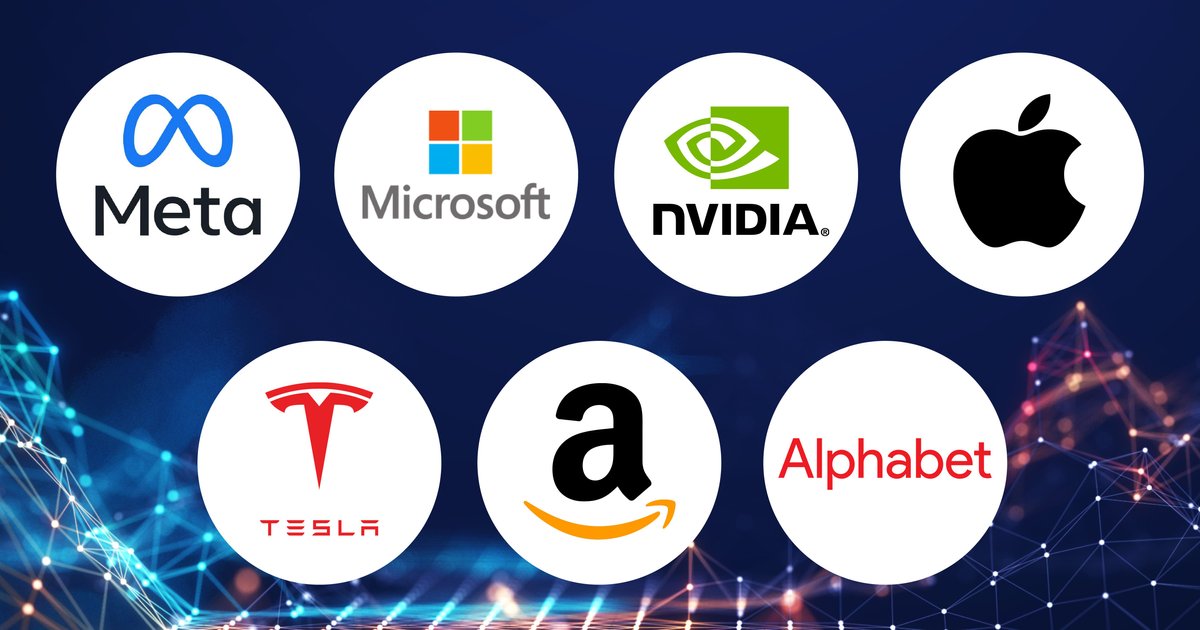As the race to harness the power of generative AI gathers steam in the tech industry, a dose of reality is needed. Yes, AI models that can generate text, images, and video with human-like output are impressive. But what’s the practical business value of these AI advancements, and how is it reflected in the financial statements of major tech companies?

Microsoft, a pioneer in this field, has set the pace. Its close collaboration with OpenAI and early adoption of AI technology position it as a leader. Microsoft CFO Amnon Shashua reported three months ago that increased demand from AI had added six percentage points of growth to its Azure cloud platform. That translated to approximately $3bn in additional revenue per year. While a noticeable figure, it still represents a small fraction – under 1% – of Microsoft’s projected revenue for this year.
Microsoft’s Copilot feature, which functions as an intelligent guide to users of its software, is still in its infancy. The company has exercised caution in predicting its revenue impact, leaving others tentatively optimistic. The uncertainty surrounding Return on Investment (ROI) for generative AI is a challenge. Its known limitations, such as producing false outputs or “hallucinations,” pose a unique hurdle. Adapting it to existing business processes and gaining user acceptance is an open question.
Nvidia, a major provider of data-center chips, has benefited from the growing demand for AI-powered applications. Sales have tripled to $47bn in 2022. However, Wall Street anticipates sales to more than double again to almost $100bn in 2023. The potential for delayed ROI on AI investments could lead to significant headaches for the hardware sector. Despite this, the tech industry remains optimistic, touting promises of notable business growth later this year or in 2025.
However, Microsoft’s cautious revenue forecasts and the challenges associated with integrating and adapting generative AI into existing businesses call for a restrained perspective. As a tech industry analyst and commentator, I believe that patience is essential. We need to wait for solid evidence of financial benefits before declaring AI a runaway success. After all, only then can we ensure it’s not just hype, but a genuine business innovation.

